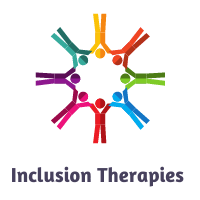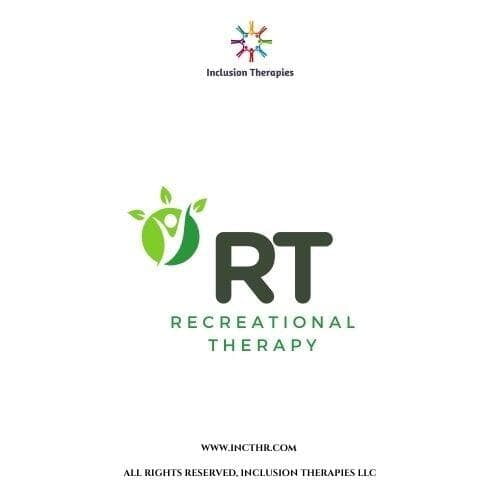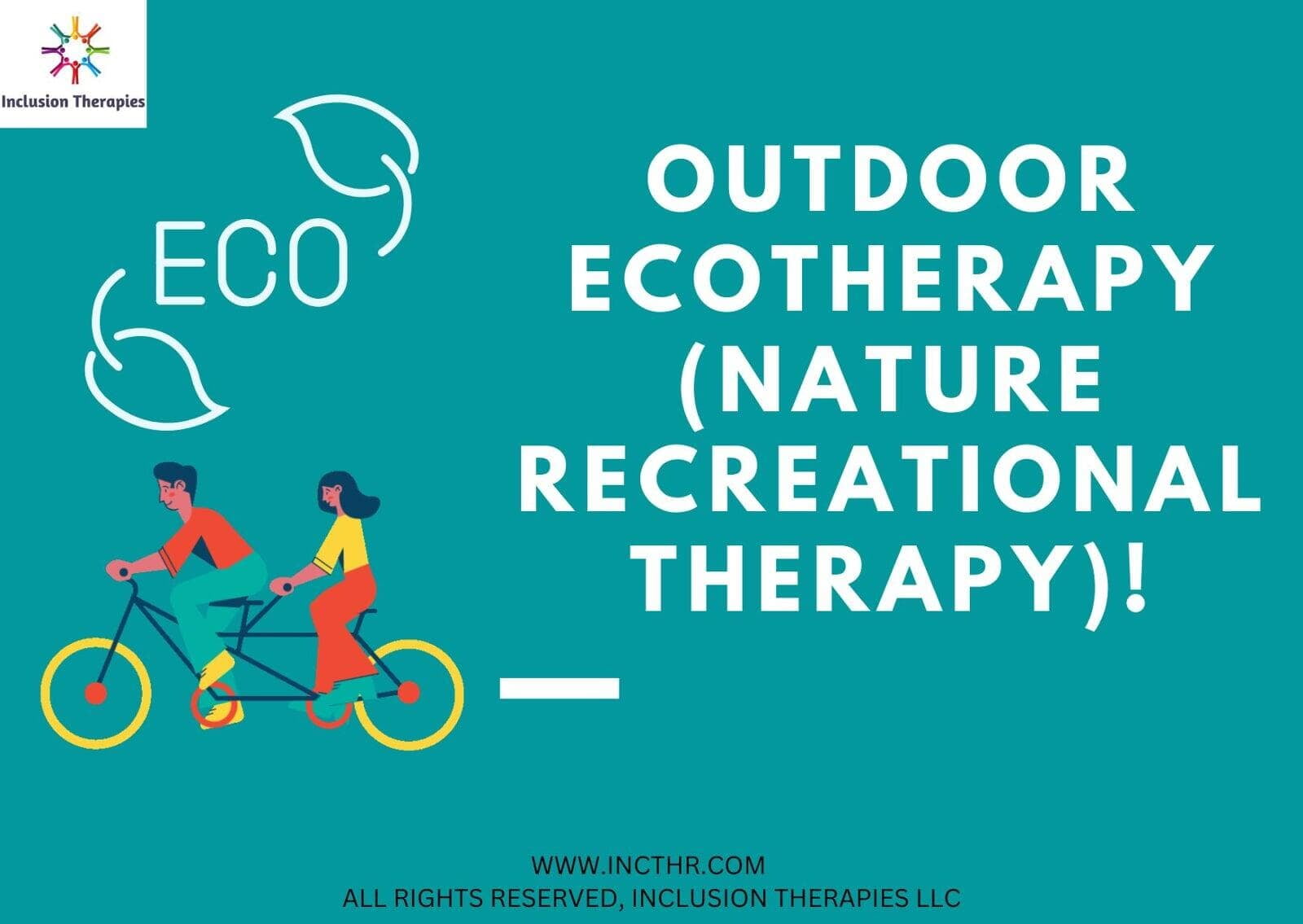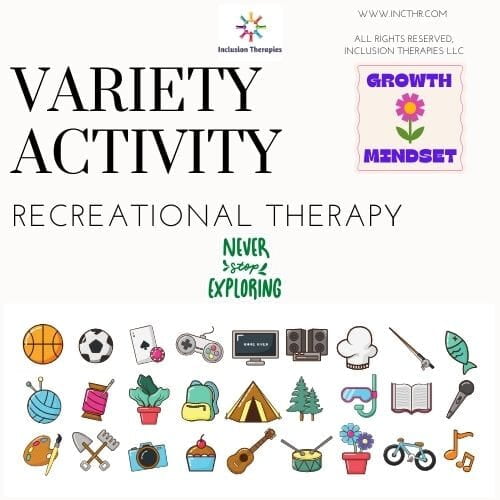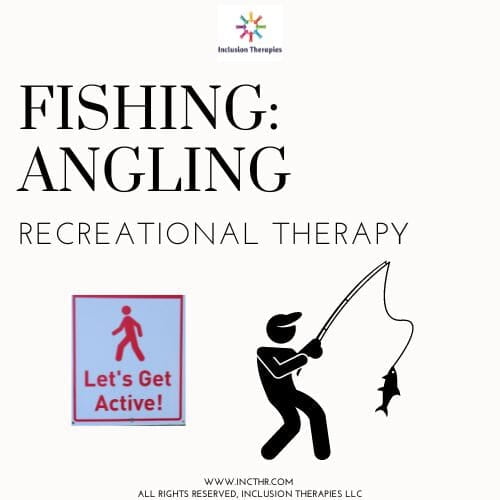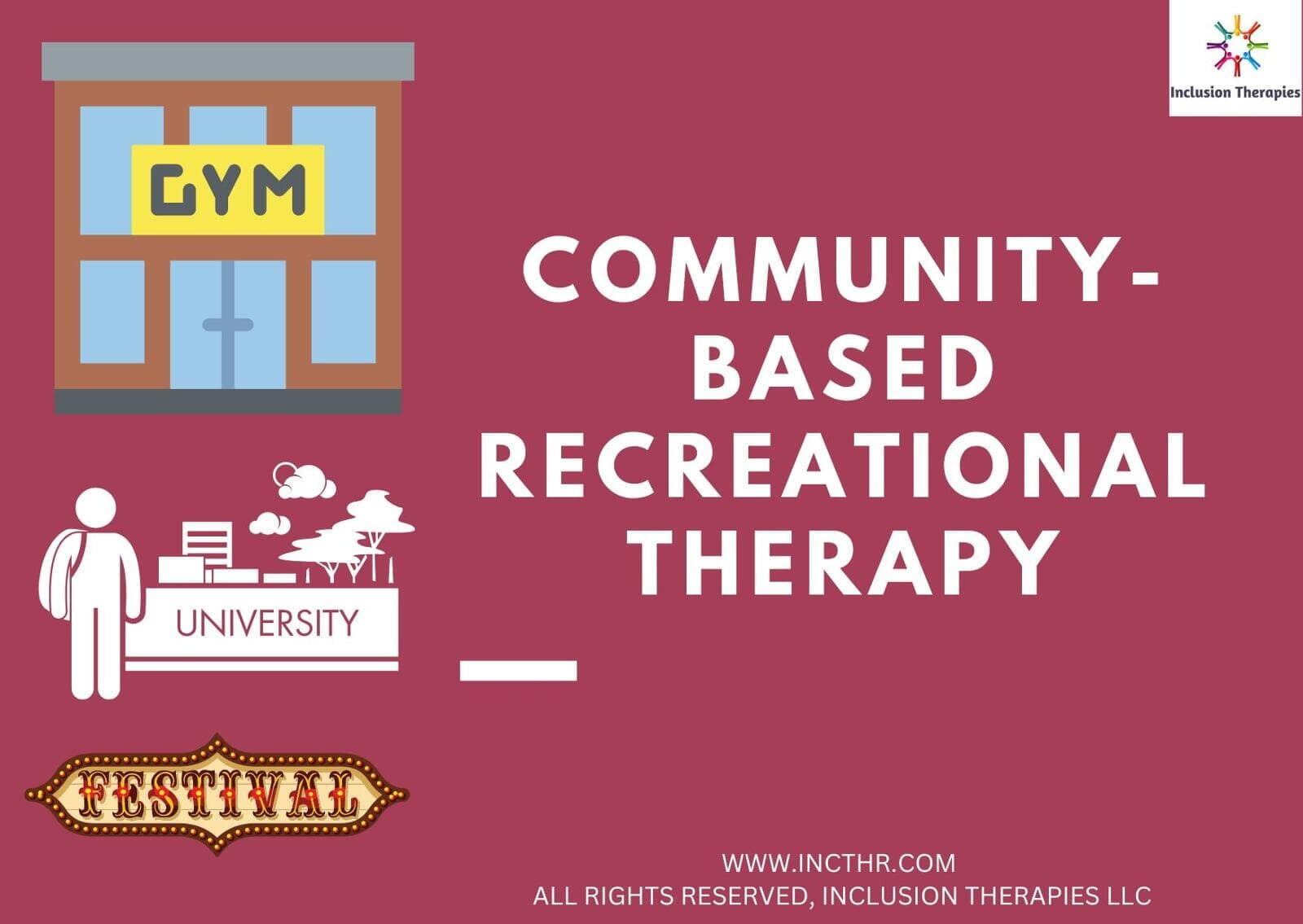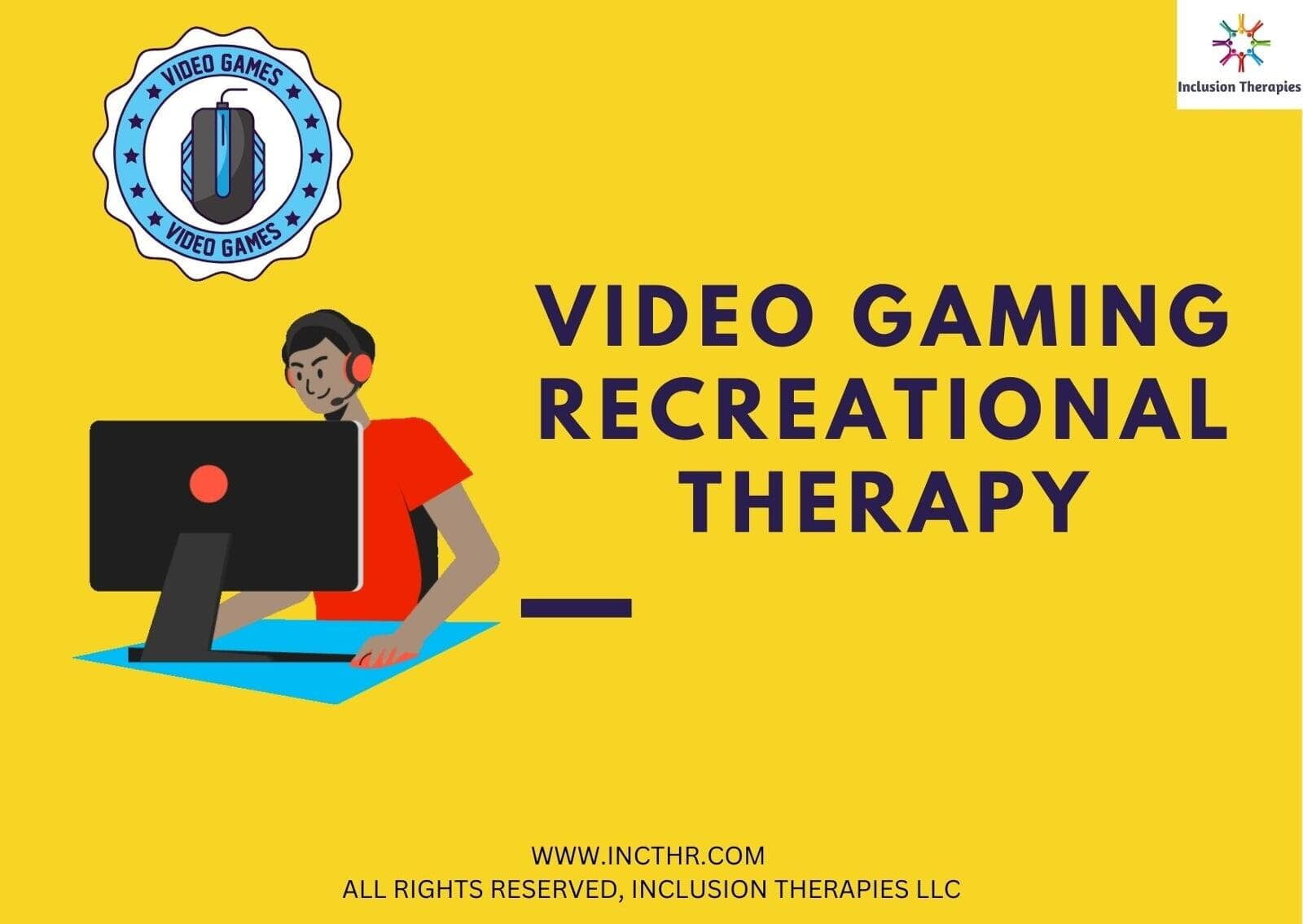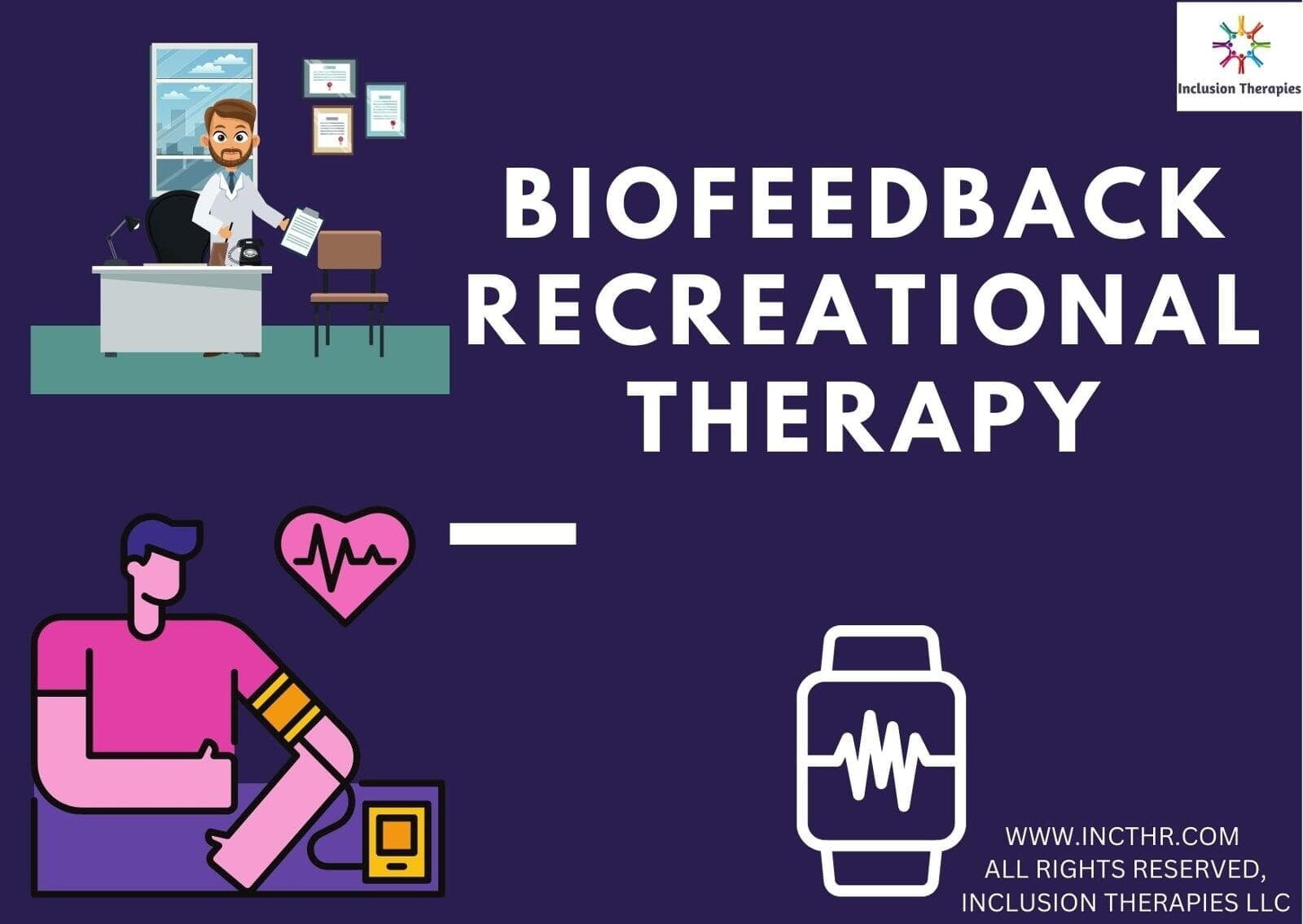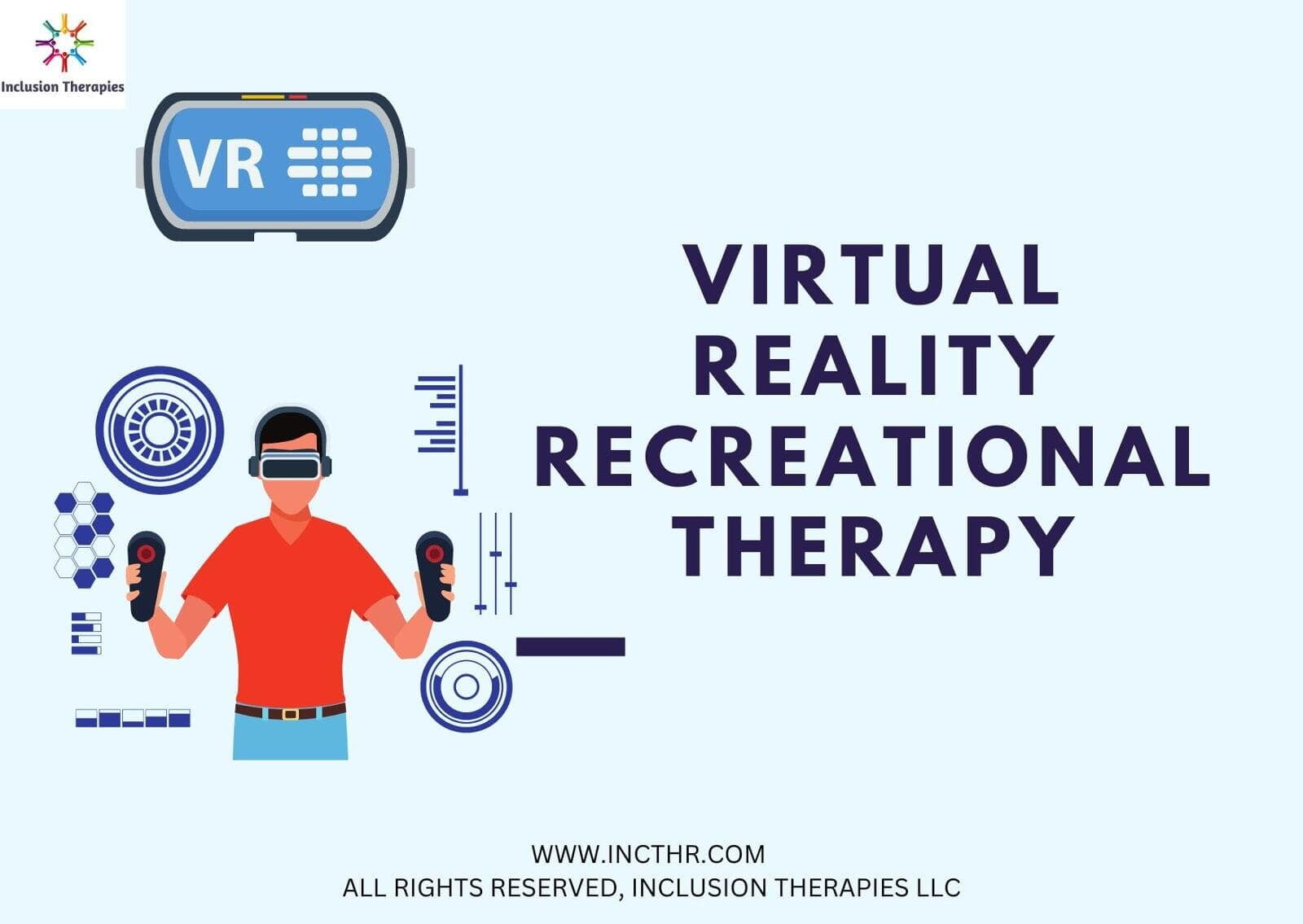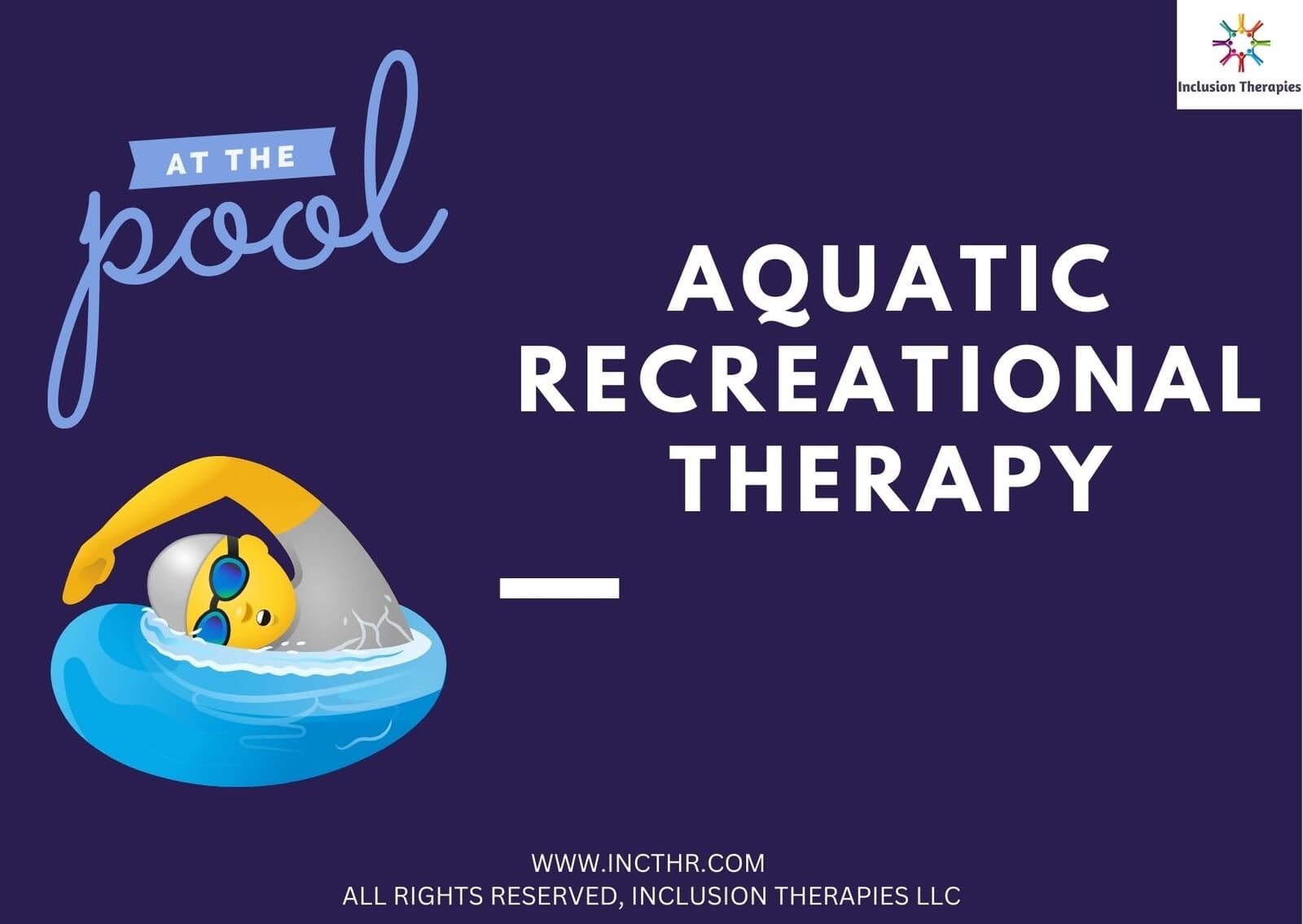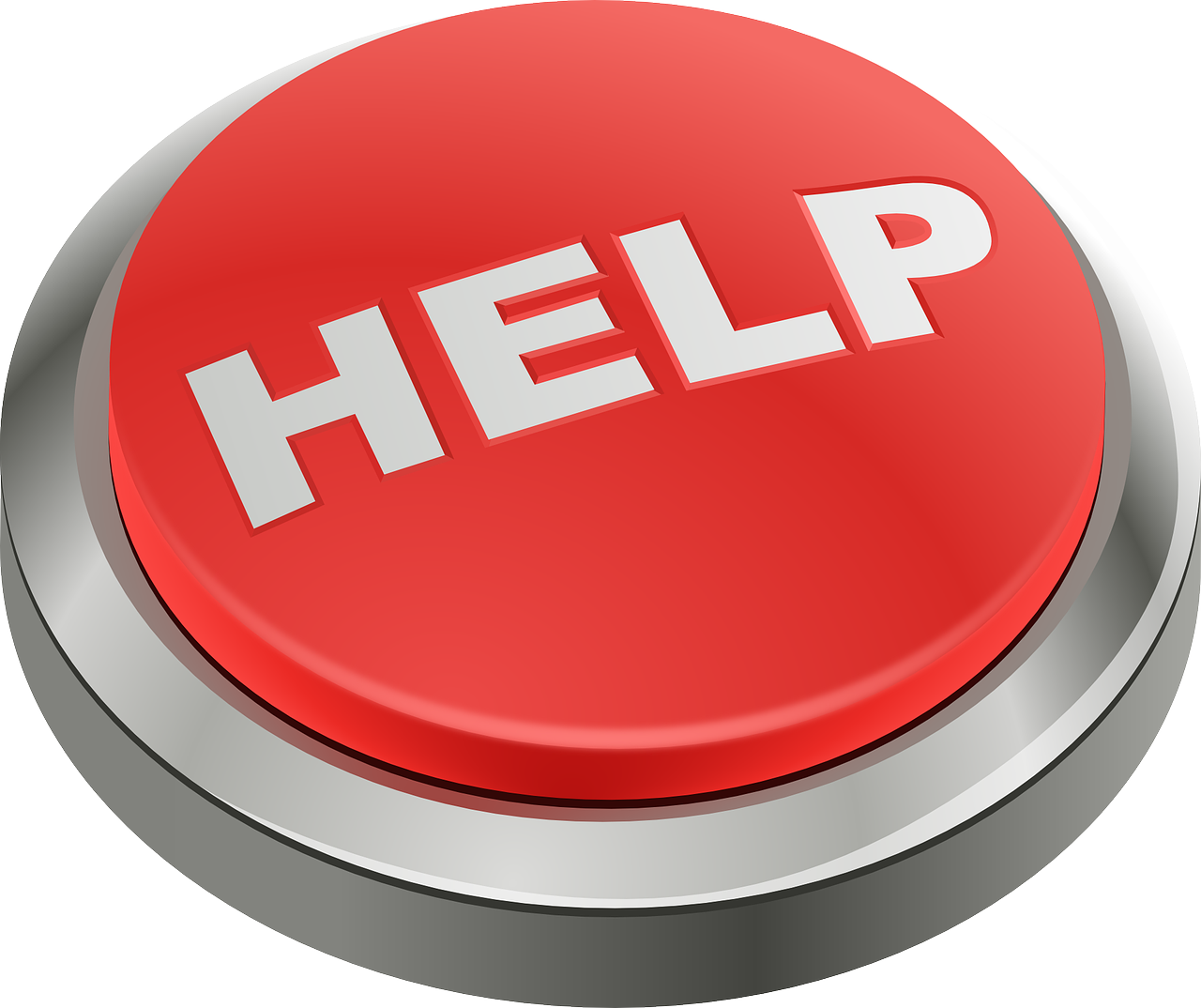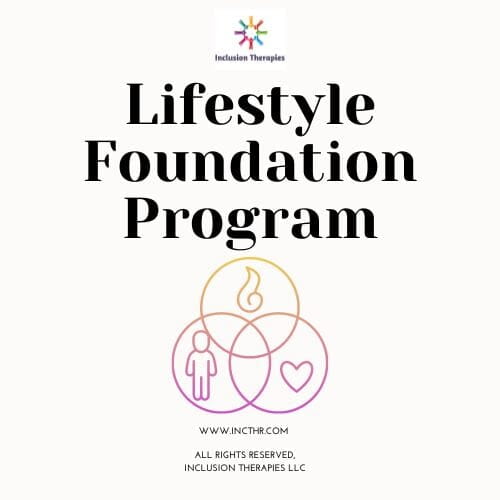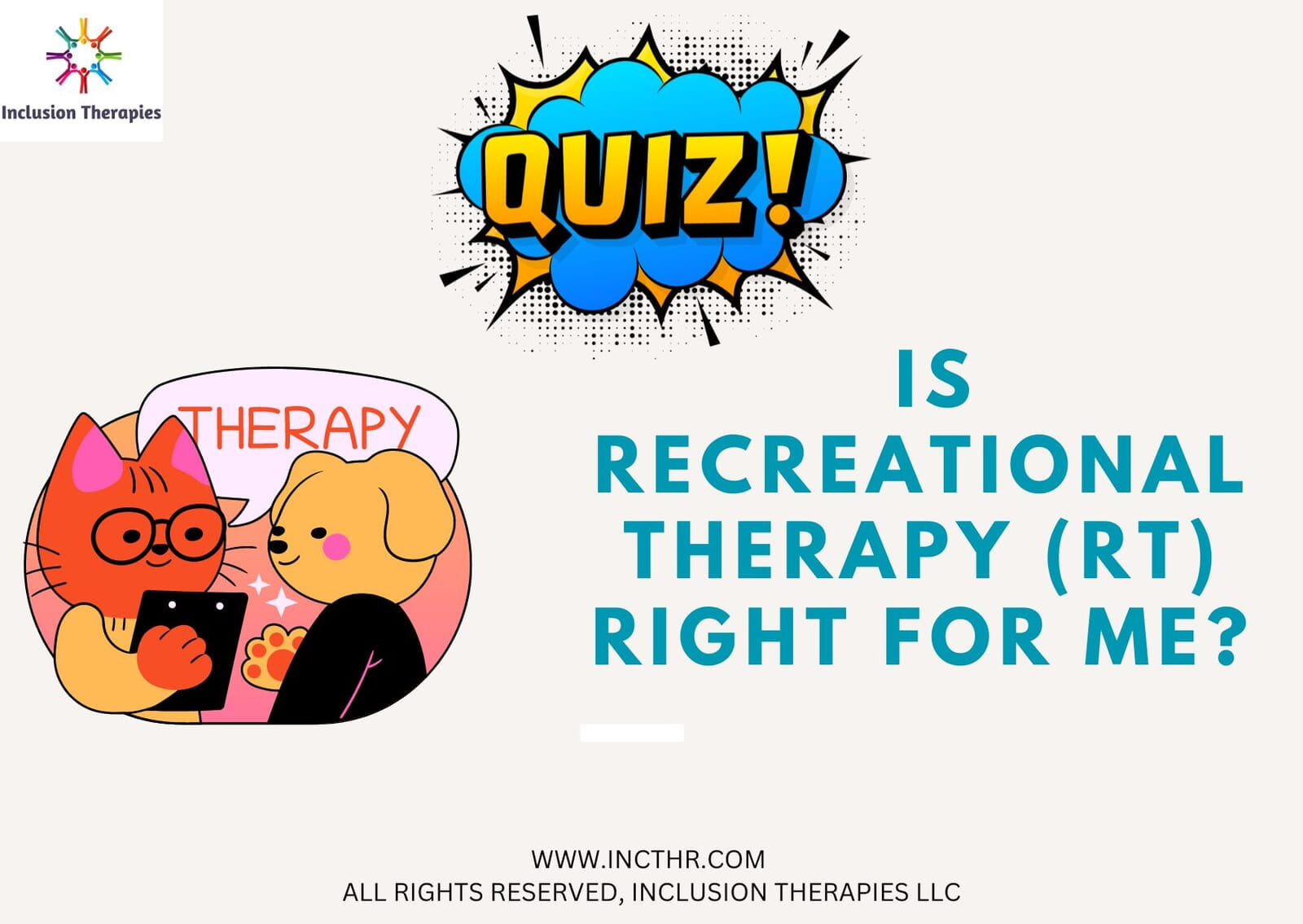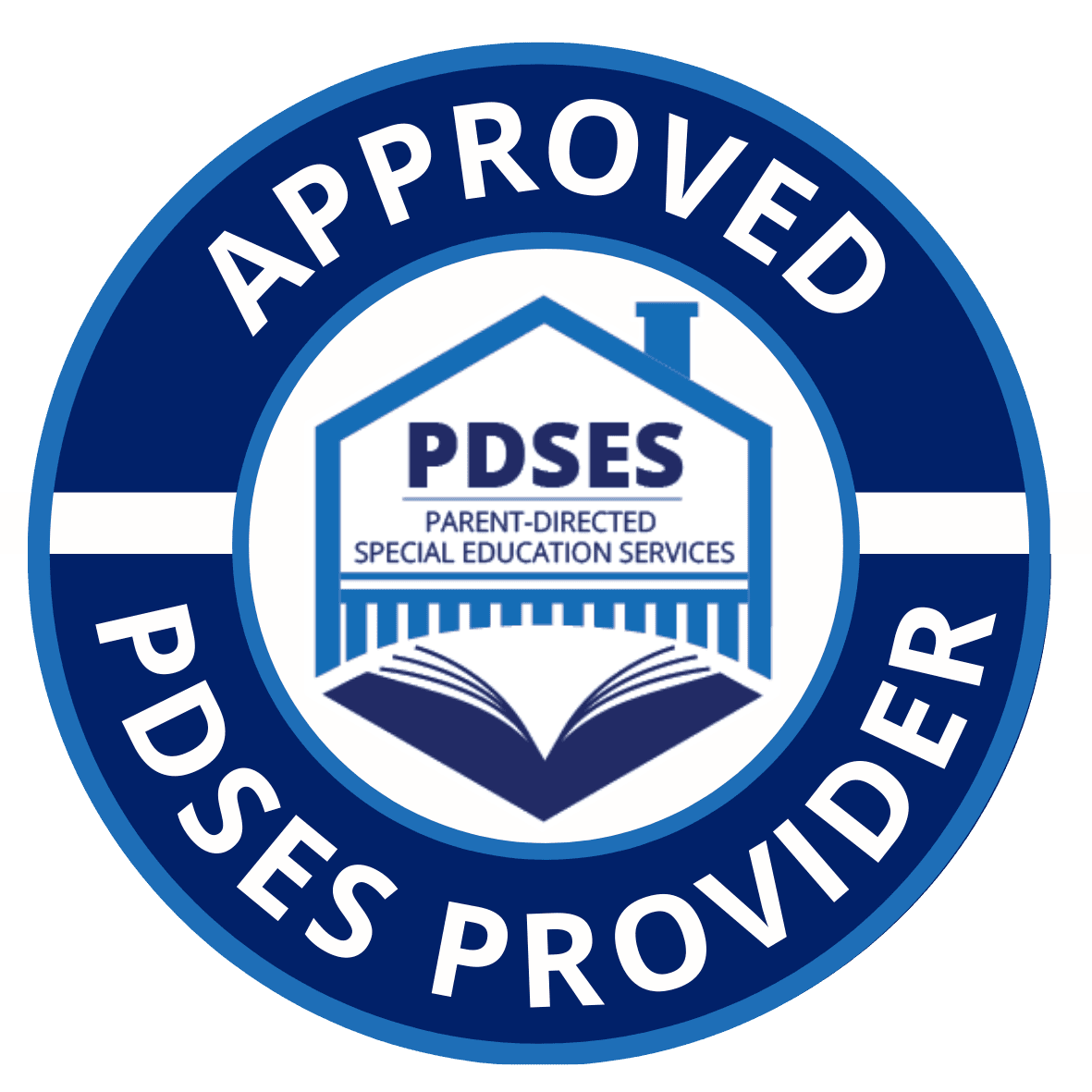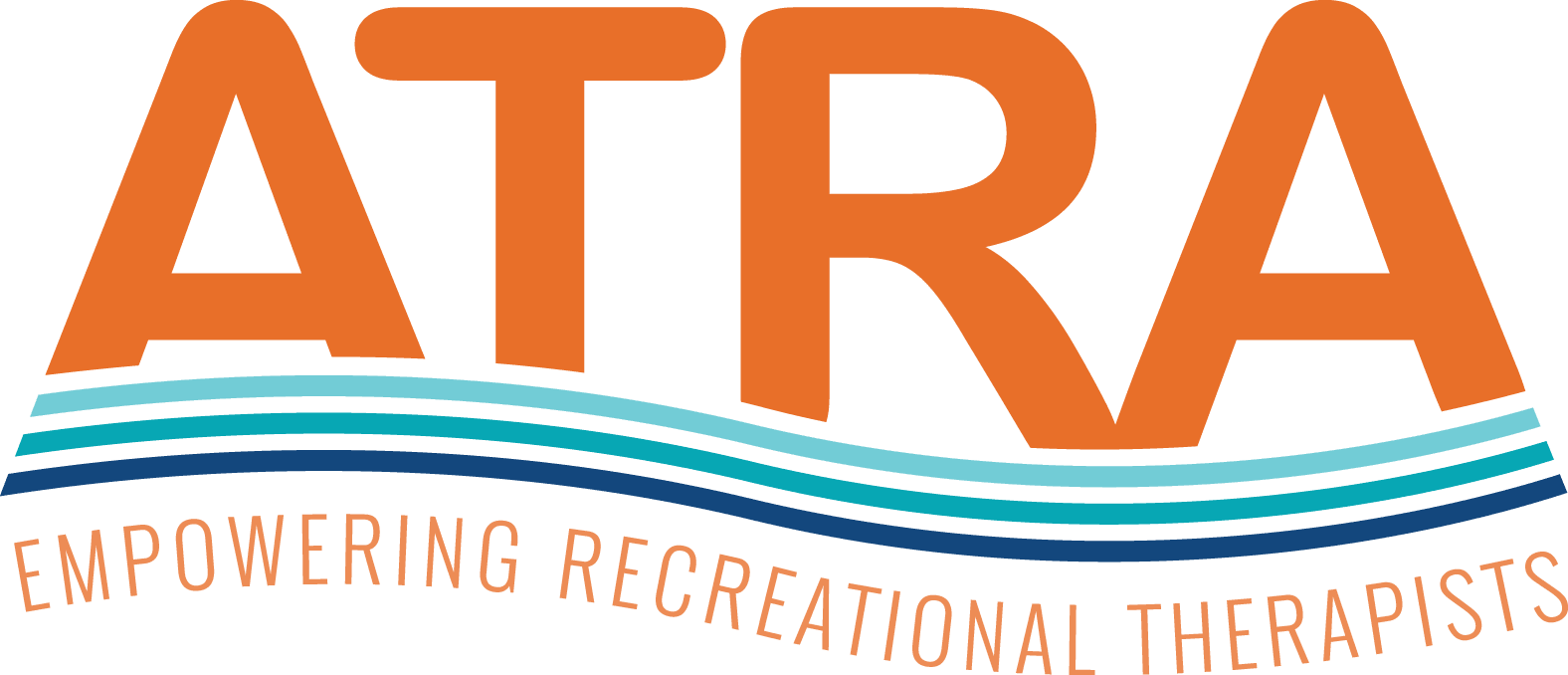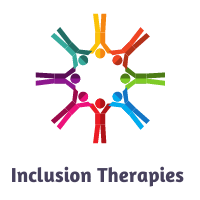FAQ: Activities Used as Recreation-Based Medical Treatment
- Mayo Clinic, College of Medicine and Science
Recreation-Based Medical Treatment is delivered by Recreational Therapists (as qualified providers) when they use leisure activity techniques as interventions to help patients of all ages with their Emotional, Physical and Social Health.
When are you the happiest?
Is it when you are fishing? Or, when you are winning the video game Fortnite? Is it when you are in your garden, playing card games, cooking or telling a joke? Maybe it is when you are listening to your favorite music, taking a walk outside or volunteering to help others? Or, just doing nothing at all and relaxing? Constructive activities that you enjoy (and are meaningful to you), those are your leisure interests. They are a fundamental aspect of what makes you, uniquely you. They give your life meaning. They impact your overall health and quality of life.
What RT Helps:
When an accident, illness, disease, disability or disorder impacts your ability to do the fun activities that are the most meaningful in your life; Recreational Therapy (RT), is the specialized therapy to help you! Whether you are rehabilitating to “get back” to yourself, living well with a chronic condition or disorder, or simply want to be your healthiest self; RT is the allied health specialty that treats Emotional, Physical and Social Health (for individuals with medical diagnoses and for preventive health) by using activities as recreation-based medical treatment.
How RT Helps:
If you enjoy gardening, RT treats your Physical Health by using gardening in your therapy session as Recreation-Based Medical Treatment to help you regain muscle strength, improve balance, and increase motor functioning. If you enjoy playing video games, RT treats your Emotional and Social Health by using playing video games in your therapy session as Recreation-Based Medical Treatment to help you develop social skills, decrease anxiety, or reduce stress. Recreational Therapists use a variety of scientific evidence-based activities and therapeutic methods (including ACT, CBT, DBT for Emotional Health and Social Health). Our therapy is delivered through our Lifestyle Foundation Program for Healthy Aging which treats the five domains (or areas) of your overall health (cognitive, emotional, physical, social, and spiritual) in a 2-6 month structured process.
What activities are used as medical treatment?
Activities you enjoy are used in Recreational Therapy (RT) sessions.
How Does The Recreational Therapist Know What Activities You Enjoy:
1. The first session is an Assessment.
How Activities You Enjoy Are Used In Recreational Therapy Sessions as Medical Treatment:
How Therapeutic Methods Are Provided While Doing Activities In Sessions:
- For example, the Recreational Therapist treats your Physical Health by helping you regain muscle strength, improve balance, and increase motor functioning by doing an activity you enjoy (e.g., gardening) together in your therapy session.
- While gardening the Recreational Therapist will use a variety of scientific evidence-based methods for Physical Health (e.g., functional independence, goniometer for range of motion, use of a dynamometer for grip strength, progressive relaxation training, or multisensory therapy).
- For Emotional Health, the Recreational Therapist may use methods including ACT, CBT, DBT or Exposure Therapy. For Social Health, they may use guided imagery, diaphragmatic breathing, or autogenic training.
In the United States, each state is different and independently governs health care professionals.
In Texas, a general overview is:
- Recreational Therapists who are certified (CTRS or TRS/TXC) have earned a minimum of a college degree, completed an internship and passed an exam with expertise in recreation and how to use it to treat health and wellness.
- Art Therapists are mental health professionals who have earned a minimum of a graduate degree, internship and exam requirements to earn a mental health counseling license and also have expertise in art and how to use it to treat health and wellness.
- Music Therapists who are certified are allied health professionals who have earned a minimum of a college degree, completed an internship and passed an exam with expertise in music (instrument/voice) and how to use it to treat health and wellness.
How Activities are Used
- A Recreational Therapist who uses art or music as a treatment activity is using them as recreation (e.g., something that the client enjoys for leisure) to treat health and wellness for physical and mental health. The Recreational Therapist is an expert in recreation but not in art or music itself. For example, they may not know how to sing or play any musical instrument or have any knowledge of specific art media or processes. They treat a client by addressing the recreation aspects of the music or art activity. A Recreational Therapist uses a wide variety of activities to treat and wellness (art, birdwatching, comedy, community-based activities and events, crafts, dance, fishing, music, nature, video games, sports, etc.).
- By comparison, an Art Therapist is a licensed mental health professional who also has expertise in art itself (in a variety of two- and three-dimensional art media and processes). An Art Therapist does not use any activity outside of art to treat health and wellness.
- A Music Therapist is an expert in music (voice and or instrument) and how to use it to treat health and wellness. A Music Therapist does not use any activity outside of music to treat health and wellness.
Details on Requirements
- Recreational Therapy is an allied health profession with a provider who is certified with expertise in using recreation to treat health and wellness for physical, mental and vocational rehabilitation. For example, at Inclusion Therapies our Clinical Director earned a Master of Science in Recreation and Leisure Science (MSRLS) from Texas State University, completed an internship and passed an exam to earn both Certified Therapeutic Recreation Specialist (CTRS) and Therapeutic Recreation Specialist Texas Certified (TRS/TXC) credentials.
- Art Therapy is an allied health profession with a provider who is licensed as a mental health professional with additional expertise in using art to treat health and wellness. For example, in Texas, an Art Therapist must be a Licensed Professional Counselor (LPC) (requires graduate degree, internship and exams) and also complete "preparatory training at a prerequisite level in studio art methods in a variety of two- and three-dimensional art media and processes are required." After earning a minimum of a graduate degree, internship and exams, the provider may earn a registered art therapist (ATR) credential. In addition, they may apply to the "Art Therapy Registered Board Certification (ATR-BC) which then qualifies you with the Texas LPC board for a Licensed Professional Counselor Art Therapy specialty designation (LPC/AT)."
- Music Therapy is an allied health profession with a provider who is certified in using music to treat health and wellness. For example, in Texas, Music Therapy at Texas Woman's University is classified as a music major. Students who apply must "audition on a primary instrument/voice and be accepted to the music department." After earning a degree, completing an internship and exam, providers may earn the credential of Music Therapist - Board Certified (M-BC).
TREATMENT ACTIVITIES
ADDICTION AWARENESS:
There are issues related to excessive activity engagement for some individuals.
We request that potential clients please access health care providers who treat excessive engagement (addiction).
Inclusion Therapies is not an addiction treatment specialist (substance or behavioral).
Substance addiction:
We do not allow use of any substances (alcohol or drugs, including vaping) during our sessions.
Behavioral addiction:
Our sessions and/or groups are not intended, nor appropriate, for an individual who excessively engages in a specific treatment technique activity (behavioral addiction). These activities include, but are not limited to: an addiction to gambling, eating, exercising or dieting, shopping, video gaming, internet use, musical practice, collecting, work, love, etc..
If treatment staff become aware of an addiction to (or excessive engagement in) a specific treatment technique, the member will be removed from sessions and groups utilizing that activity (with non-addictive activities substituted). For example, if someone is discovered to be living with a gambling addiction involving the card game of poker, they will not engage in poker games during their treatment sessions.
When does an activity potentially become a behavioral addiction?
- "The essential feature of behavioral addictions is the failure to resist an impulse, drive, or temptation to perform an act that is harmful to the person or to others[.]"
- "These characteristics include tolerance (the need to use the substance or perform the troublesome behavior at higher doses, or more and more frequently, in order to achieve the same effect); withdrawal (feelings of restlessness, irritability, and discontent following abrupt discontinuation of the substance or the behavior); obsessive thinking and planning that block out anything other than obtaining or engaging in the addictive agent or behavior; and accompanying external consequences in related to finances, health, interpersonal relationships, legal affairs, etc."
Treatment Techniques NOT included in monthly membership: (available separately upon request, based on staffing, contact us to discuss)
- Add minor children under 18 for an additional $49 per month per child (to share one membership together).
- Add adults over 18 for an additional $99 per month per adult (to share one membership together).
All New Members are Enrolled in our Lifestyle Foundation Program
The program is 2-6 months (based on client goals and plan) and is paid via monthly membership subscription.
Members may pause or cancel membership subscription at any time
(cancellation effective at the conclusion of their current prepaid month).
"Health care extends beyond pills and medical devices."
- Baker, D. L., & Dye, C. (2017). Prescribing Experience: Discussion of Recreational Therapy as Health Care. Journal of Disability & Religion, 21(3), 296–318. https://doi.org/10.1080/23312521.2017.1326875
